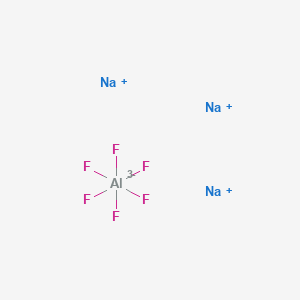Alias: Green Jade Tree Coral
Scientific Classification: Family: Euphorbiaceae
Plant Characteristics:
The bachelor tree, also known as the green jade tree coral, is a unique plant with an upright, branched, fleshy, and cylindrical structure. Its stems are typically green, either clustered or scattered in growth. It can grow as a shrub or small tree, often without leaves or with very few. The foliage is highly variable, and its follicles are dark brown with a hairy texture.
Growth Habits:
Native to the arid regions of Africa, the bachelor tree has evolved to survive in extremely dry conditions where water is scarce throughout the year. To conserve moisture, its leaves have gradually reduced in size and, in many cases, disappeared altogether. This adaptation minimizes water loss through evaporation. Instead of relying on leaves for photosynthesis, its green branches take over this function, allowing the plant to produce energy and survive in harsh environments.
If planted in a warm and humid climate, the bachelor tree may develop small leaves. This is a natural response to the moist environment, as the leaves help regulate internal moisture levels by increasing evaporation. This adaptability makes it a fascinating example of how plants can adjust to different climates.
The bachelor tree can grow up to 4–9 meters tall. Its smooth, shiny green branches give it a coral-like appearance, which is why it's commonly called the "green coral." This visual characteristic adds to its appeal as both a botanical curiosity and a potential resource.
Research and Uses:
Studies have shown that the bachelor tree contains a high concentration of hydrocarbons in its milky sap, making it a promising candidate for biofuel production. With growing concerns about energy shortages and the search for sustainable resources, the bachelor tree has gained significant attention. Scientists in the U.S. consider it one of the most promising plants for future petroleum alternatives.
Other Similar Plants:
There are several other woody plants with similar characteristics to the bachelor tree. Examples include Casuarina, Haloxylon ammodendron, and false-leaf trees. These species also exhibit leafless or reduced-leaf structures, using their branches for photosynthesis instead.
Self-Protection Mechanism:
The bachelor tree has developed a natural defense mechanism against herbivores. Its bare, leafless branches are less attractive to animals that feed on foliage, reducing the risk of being eaten. This feature helps it thrive in environments where grazing pressure is high.
Photosynthetic Branches:
Despite appearing lifeless, the branches of the bachelor tree are actually fully functional. They perform photosynthesis, absorbing sunlight and nutrients to sustain the plant. This remarkable adaptation ensures the tree remains healthy and vigorous even in the harshest conditions.
Usage and Caution:
The white milky sap found in the stems of the bachelor tree is rich in hydrocarbons and can be used to produce oil. However, it is important to note that this sap is highly toxic. Contact with the eyes, ears, nose, mouth, or open wounds should be avoided. While dangerous to humans, the toxic sap protects the tree from viruses and pests, ensuring its survival in the wild.
This unique plant not only demonstrates the power of evolution but also highlights the potential of nature to provide solutions to modern challenges like energy sustainability. Whether admired for its beauty or studied for its utility, the bachelor tree continues to capture interest across scientific and botanical communities.
Cryolite Basic Information
CAS: 15096-52-3
MF: AlF6Na3
MW: 209.94
EINECS: 239-148-8
Mol File: 15096-52-3.mol

Cryolite Chemical Properties
Melting point 1012
Boiling point decomp
density 2.9 g/mL at 25 °C(lit.)
Cryolite Application
Mainly used as aluminum smelting flux, Insecticide, also used in glass, enamel, resin, rubber industry
Chrysolite Gemstone,Chrysolite Stone,Chrysolite Vertus,Cryolife Homograft,Cryolite
Shandong YingLang Chemical Co.,Ltd , https://www.sdylhgtrade.com